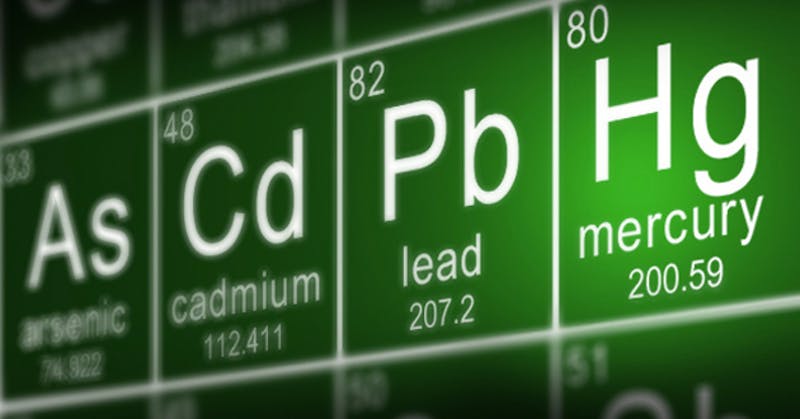ISO 17294-2 Heavy Metal Testing in Food by ICP-MS
The ISO 17294-2 standard provides a robust methodology for the determination of heavy metals and toxic elements in food, ensuring that products meet international safety standards. This service leverages Inductively Coupled Plasma Mass Spectrometry (ICP-MS) to deliver precise and accurate results.
The ICP-MS technique involves several steps: first, a sample is prepared by dissolving it in a suitable acid mixture or digesting it with strong acids. The solution is then atomized into the plasma, where the elements are ionized. These ions travel through the mass spectrometer, which separates them based on their mass-to-charge ratio. Detection occurs via a Faraday cup and a collector for quantification.
This method offers high sensitivity, allowing for the detection of trace amounts of heavy metals, including lead (Pb), cadmium (Cd), mercury (Hg), arsenic (As), and others. The accuracy and precision of this technique are further enhanced by the use of certified reference materials (CRMs) during calibration.
The service is particularly relevant for food safety and quality assurance, ensuring that products do not contain harmful levels of heavy metals. This is crucial in meeting regulatory requirements such as those outlined in the Codex Alimentarius, which provides international food standards, codes of practice, guidelines, and other recommendations.
Our laboratory adheres to strict quality control measures, employing experienced analysts who are well-versed in ICP-MS techniques. The results are reported according to ISO 17294-2 standards, providing clients with reliable data for decision-making purposes.
The following table presents the detection limits and typical quantification ranges for various heavy metals using this method:
| Element | Detection Limit (µg/kg) | Quantification Range (µg/kg) |
|---|---|---|
| Pb | 0.1 | 0.5–2000 |
| Cd | 0.01 | 0.05–500 |
| Hg | 0.02 | 0.1–300 |
| As | 0.05 | 0.2–1000 |
Applied Standards
The ISO 17294-2 standard is widely recognized for its comprehensive approach to heavy metal analysis in food. It ensures that testing methods are consistent and reproducible, which is essential for maintaining high standards of food safety.
The standard specifies the use of ICP-MS technology, detailing the sample preparation procedures, calibration requirements, and data processing protocols. Compliance with this standard guarantees accurate and reliable results, making it a preferred choice in the industry.
Our laboratory is committed to staying updated with the latest standards and methodologies, ensuring that our clients receive the most current and relevant testing services.
Industry Applications
- Quality Assurance in Manufacturing
- Supplier Audits and Validation
- Compliance with Regulatory Requirements
- R&D for New Product Development
- Testing of Imported Foods
- Monitoring Environmental Impact on Food Chains
Why Choose This Test
- Precise and accurate results due to the high sensitivity of ICP-MS.
- Compliance with international standards like ISO 17294-2.
- Reliable data for decision-making purposes in food safety and quality assurance.
- Supports regulatory compliance and supplier audits.
- Ensures that products meet the strictest quality and safety requirements.





